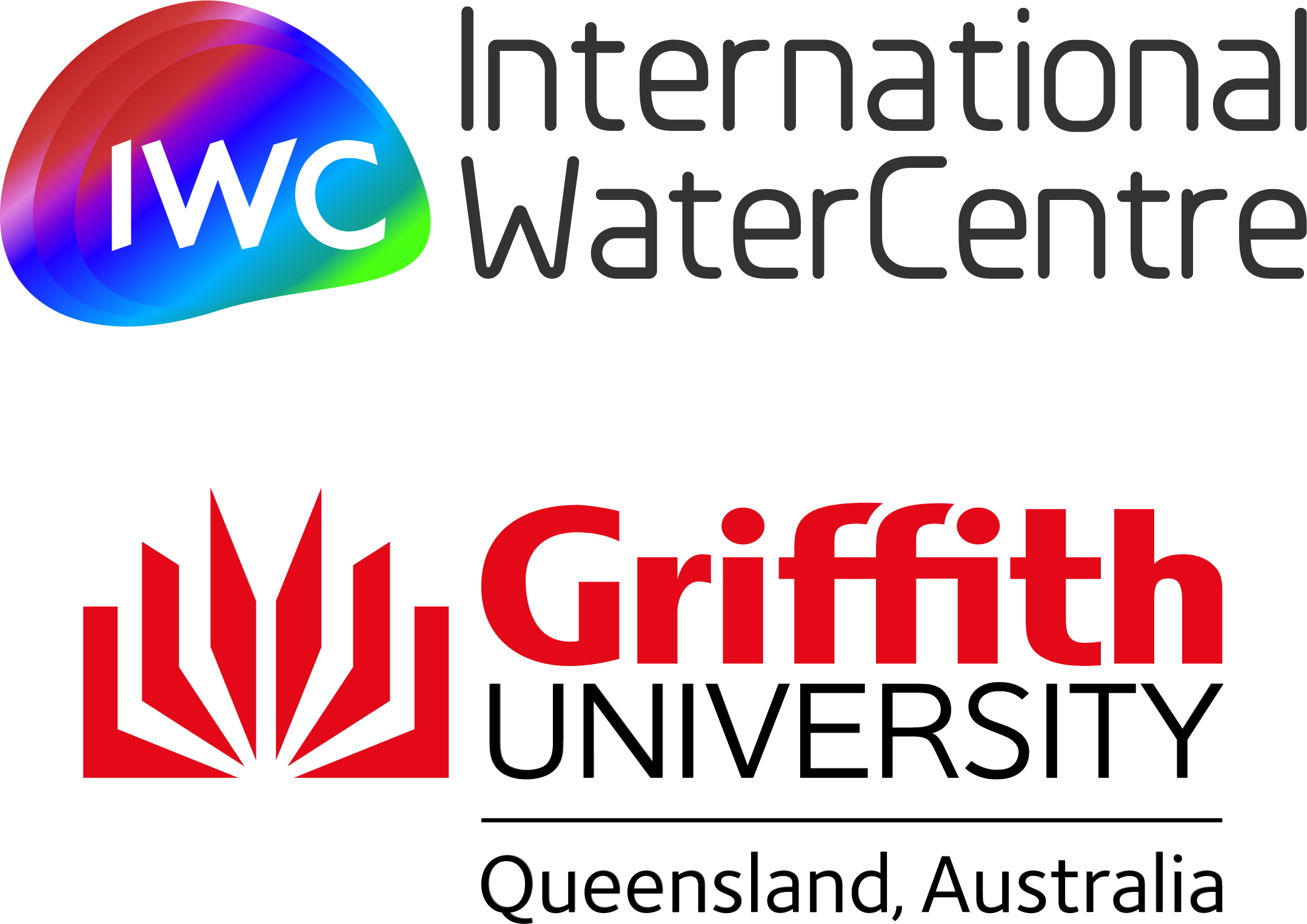There are significant inequalities across the world in income, services, decision-making, education and employment opportunities. In terms of WASH services, there are staggering inequalities in access between rich and poor, between those in urban and in rural areas [1], between men and women [2], and between marginalised groups, including those with disabilities [3], and the rest of the population.
The COVID-19 pandemic has brought the importance of WASH, particularly the handwashing component of the “H” for hygiene, sharply into focus. And yet while there have been increased efforts to improve hygiene practices, these are hard to adopt for people with limited access to water and low levels of service. The pandemic has made access to water more difficult for people [4], increased pressure on those already most vulnerable, and highlighted inequity and challenges between and within across countries [5].
The COVID-19 pandemic is further entrenching existing patterns of discrimination and stigma. Those vulnerable are the hardest hit: older persons, persons with disabilities, children, women, minority groups, indigenous persons, migrants and refugees [6]. These people are more likely to be at risk of disease transmission through overcrowded transport and working environments [7], and have informal work that is impacted by extended lockdown.
COVID-19 has had a significant negative impact on women as they assume higher burdens of care in the home and as frontline workers [8]. With extended lockdowns, domestic violence has increased [9]. Women are more likely to be displaced, with limited services in refugee settings and face increased risk of disease transmission at crowded community service points [10].
WASH services are especially deficient in least-developed countries (LDCs).
-
In LDCs, 1/2 of health care facilities lack basic water services and 60% have no sanitation services
-
7/10 health care facilities in LDCs lack basic health care waste management services.
-
The economic consequences of coronavirus disease (COVID-19) restriction measures threatens to widen this gap.
– World Health Organisation (2020)
A United Nations report on progress towards achieving the Sustainable Development Goals has found that the world continues to use natural resources unsustainably, which means increased likelihood of future shocks [11] notably climate change implications. With this trajectory the gap between resilient communities that are able to recover and those who cannot threatens to exponentially increase.
The Sustainable Development Goals are focused on “leaving no one behind”, calling on all actors to ensure representation and inclusion of marginalized groups. SDG 6 for water and sanitation calls for equitable access to safe and affordable drinking water and adequate and equitable sanitation and hygiene for all, paying special attention to the needs of women and girls and those in vulnerable situations. Sustainable Development Goal (SDG) 10 calls for inequality to be reduced within and among countries.
The Australian Department of Foreign Affairs and Trade and the International WaterCentre, together with the Water for Women Fund and Grand Challenges Canada, are convening the WASH and COVID-19 Online Symposium to share knowledge around how the WASH sector has responded to COVID-19 and what the lessons are for the way forward. An expert panel will focus on intersection of the COVID-19 Pandemic and WASH inequalities, what this has meant for vulnerable people, and how we can better prepare with inclusive, sustainable solutions to handle future shocks.
“WASH services and good handwashing and hygiene practices are fundamental to the health crisis response. COVID-19 has revealed the multi-faceted nature of underlying inequalities. For example, in Latin America and the Caribbean (LCR) Afro-descendants and indigenous persons are 2.5 times more likely to live in low-income favelas, and in both LCR and in Australia, Indigenous Persons have a higher burden of chronic disease and thus are likely to be more vulnerable to the negative physical impacts of COVID [12]. Accelerating responses that specifically address those inequalities will be critical not only to overcoming this pandemic, but also to responding to the crisis of climate change” says panelist Sarah Keener of the World Bank.
“Schools and healthcare facilities are lacking vital WASH resources, which significantly inhibits people’s ability to protect themselves. Health care workers have a higher infection rate than average. We believe working with no WASH is like working with no PPE (personal protective equipment)” says panelist Bruce Gordon of the World Health Organisation in Geneva.
The COVID-19 Pandemic and WASH inequalities panel will be held from 13:00-14:30 AEST on Thursday 22 April 2021.
Click Here for more information
The online symposium WASH & the COVID-19 Pandemic: Responses for recovery and resilience is a knowledge-sharing event of Water and WASH Futures. Water and WASH Futures is a partnership activity of the Australian Aid program and International WaterCentre; this symposium is delivered with the partnership of Water for Women Fund and Grand Challenges Canada. For more information, visit washfutures.com
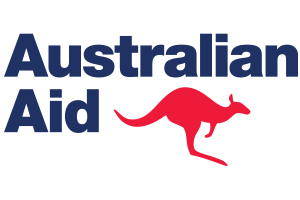
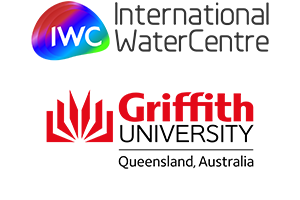
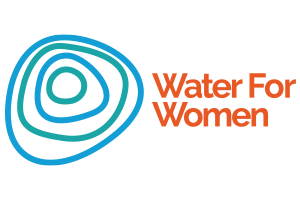
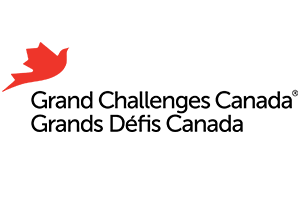
[1] WHO/UNICEF Joint Monitoring Program see https://washdata.org/monitoring/inequalities
[2] Pouramin P, Nagabhatla N & Miletto M (2020) A Systematic Review of Water and Gender Interlinkages: Assessing the Intersection With Health, Frontiers in Water, 2:6
[3] WaterAid Australia (2020) Putting equality, inclusion and rights at the centre of a COVID-19 water, sanitation and hygiene response, available online
[4] USAID (2020) Assessing the effects of COVID19 on access to water, sanitation and hygiene in USAID high priority and strategy-aligned countries: synthesis report, USAID
[5] World Health Organization (2020) Global progress report on water, sanitation and hygiene in health care facilities: fundamentals first, Geneva: World Health Organization; 2020.
[6] United Nations (2020) The Sustainable Development Goals Report 2020, United Nations Department of Economic and Social Affairs, New York
[7] Ibid
[8] United Nations (2020) Policy Brief: The Impact of COVID-19 on Women, UN Women
[9] Ibid
[10] Said, A, Saikia, P & Klimes, M (2020) Tracing Intersections of COVID-19: Gender, Water and Armed Conflicts, The Swedish Institute of International Affairs
[11] United Nations (2020) The Sustainable Development Goals Report 2020, United Nations Department of Economic and Social Affairs, New York
[12] Australian Government (2020) Australian Health Sector Emergency Response Plan for Novel Coronavirus (COVID-19), Department of Health March 2020

